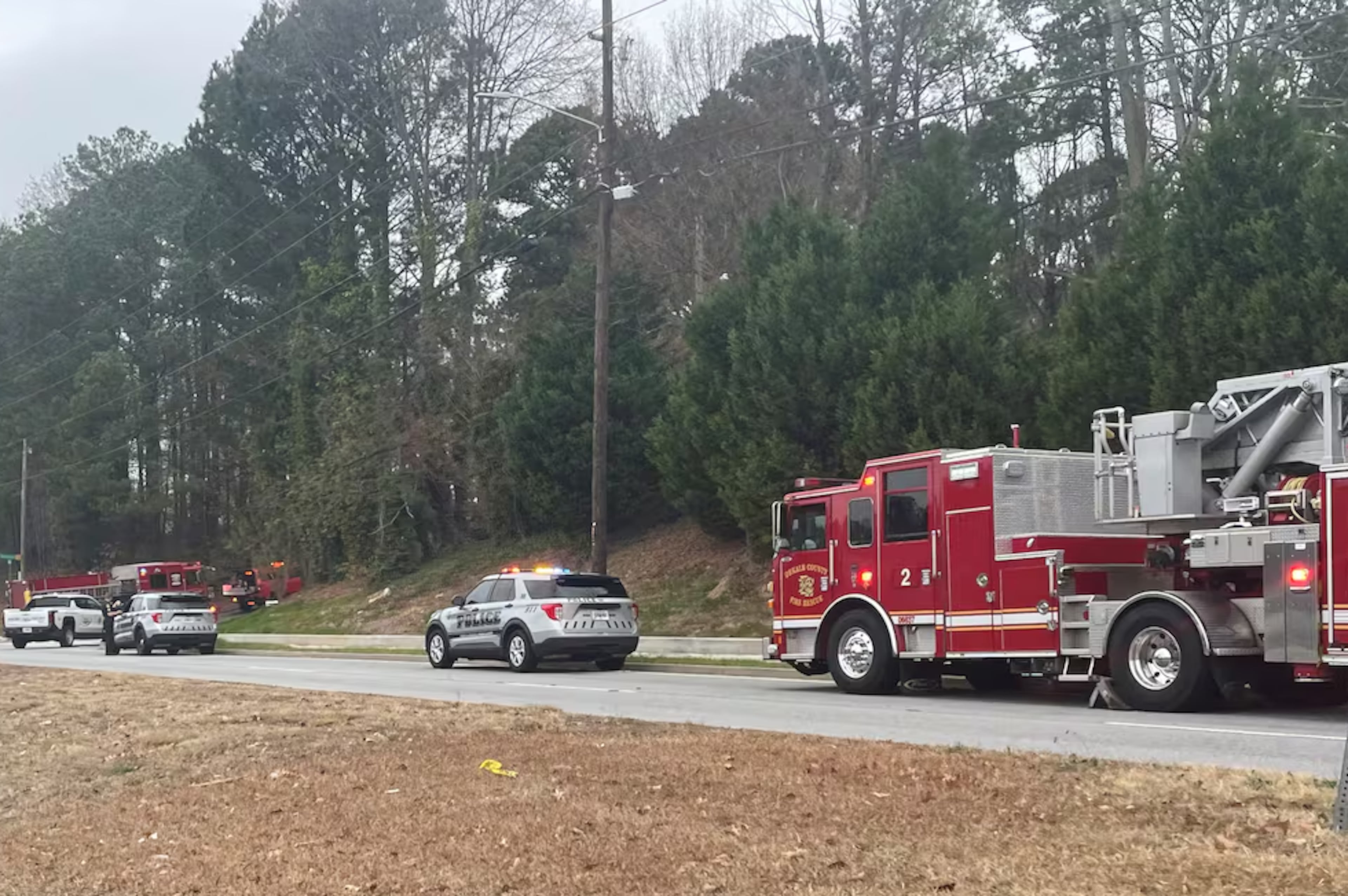Federal snitch, colleagues sentenced for torching strip club
Harold "Bit" Thrower had been helping federal agents make cases for years when he found himself in a fix two years ago. This time, agents had turned the tables on him, accusing the strip club manager of torching a rival club after infesting it with roaches and rats couldn't shut it down.
Thrower owned up to his role in the arson. And almost immediately, he went back to work for the government. He turned on his co-defendants, made new cases and produced three -- and possibly four -- cooperating witnesses to the FBI who are now providing "stellar" information on counterterrorism, counterintelligence and police misconduct cases, a federal prosecutor disclosed Tuesday.
A federal judge rewarded Thrower for his cooperation. Instead of imposing the five-year mandatory minimum sentence, U.S. District Judge Julie Carnes sent Thrower, 52, of Alpharetta, away for three years.
Thrower's two co-defendants, Boyd Smith, 41, of Atlanta, and Sandeo Pablo Dyson, 46, of Gainesville, got the mandatory five-year prison terms.
In late 2006, Thrower became furious that his boss's strip club, Platinum 21, was losing clientele -- and big money -- to glitzy Club Onyx, nearby newcomer on Cheshire Bridge Road that began hosting splashy parties for rappers like Uncle Luke and T.I.
"It was like a single-wide trailer competing with the Taj Mahal," Thrower testified earlier this year.
Thrower directed Smith, Platinum 21's general manager, to do something about it. Smith then turned to the Dyson, a former Marine training to be an Army ranger, who was in charge of club security.
At first, Dyson tried infesting Club Onyx with rats and roaches. But that didn't work. On Jan. 2, 2007, Dyson set fire to Club Onyx, causing $1.8 million in damages and lost revenue. Thrower, who made sure Dyson was paid $5,000 for the job, said Platinum 21's business picked right back up.
In years past, Thrower had helped federal authorities obtain convictions against Mark Beebe, a one-time candidate for Forsyth County sheriff who was caught on FBI videotape accepting bribes, and Mark Lance, a former Atlanta Police captain accused of taking bribes to help strip club employees with background problems.
After admitting to his role in the Club Onyx arson, Thrower helped lure Dyson and four of Dyson's U.S. Army colleagues into a commando-styled raid of a drug house -- except none of it was real. Thrower, wearing a hidden microphone, was helping federal agents make a case against the soldiers, who were arrested before the concocted raid was ever carried out.
Thrower's lawyer, Scott Halperin, told Carnes that Thrower risked his life by wearing a hidden wire while talking to the soldiers, whom he described as "trained and armed men who had a lot to lose."
After Thrower caught Dyson admitting on tape to torching Club Onyx, Dyson pleaded guilty, Assistant U.S. Attorney Robert McBurney noted. Both Thrower and Dyson testified against Smith, who was convicted at trial for being the middleman in the arson scheme.
On Tuesday, Smith continued to maintain his innocence. His lawyer, Jim Hodes, accused Thrower and Dyson of concocting stories against Smith to help themselves.
Dyson was not charged for his role in the concocted drug raid, in exchange for his testimony at Smith's trial.
McBurney said that once Thrower committed the arson, federal authorities wiped his slate clean, refusing to give him credit for previous cooperation. But McBurney said Thrower's help since the fire had been extraordinary. The prosecutor said he did not know of a larger-percentage sentence reduction offered by the U.S. Attorney's Office in Atlanta.
Prior to sentencing, Thrower told Carnes he was sorry for putting firefighters' lives at risk by orchestrating the arson. "I have no one to blame but myself," he said.


